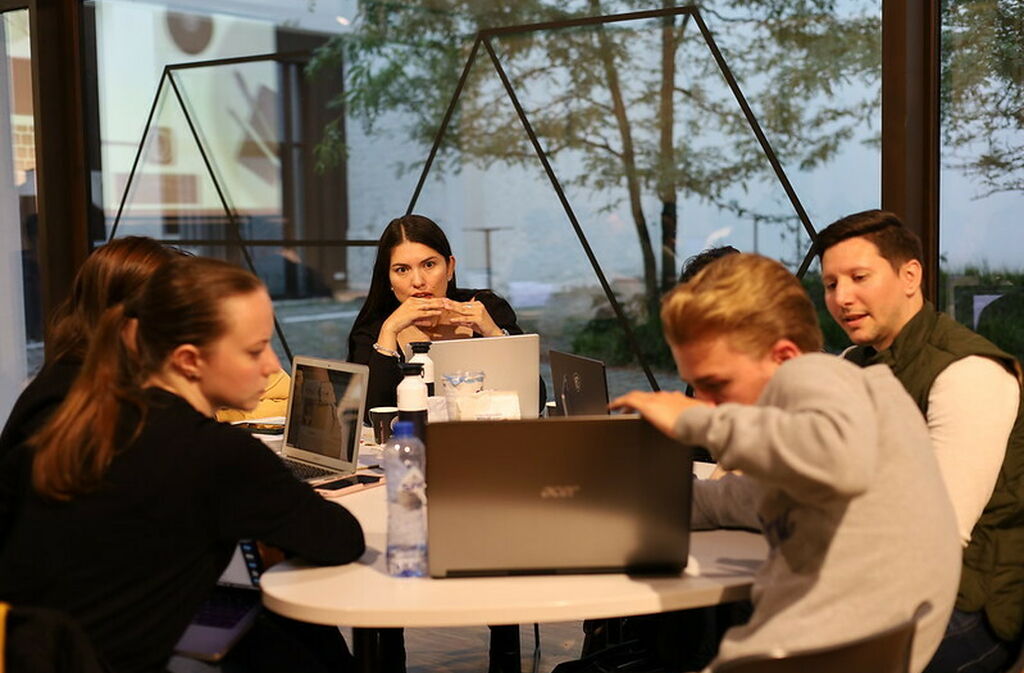Maybe it’s your expertise, your years of experience, or the responsibility you carry. Or simply the feeling that your work matters, that you matter. Everyone has something to be proud of in their professional life. But what happens when that feeling fades? Not suddenly, but gradually. Tasks shift, technology takes over, and appreciation disappears. What once gave you a sense of purpose now seems obsolete. Sounds familiar? For some, this isn’t a future scenario, it’s their current reality. Their pride has quietly been taken from them. And those who still feel secure in their roles are not automatically protected from such loss.
Not long ago, this loss of pride was discussed at a partner meeting of the Competence Center Next Generation Work. The central theme: career pride. More specifically: how can we restore and/or strengthen pride in a constantly evolving work context?










